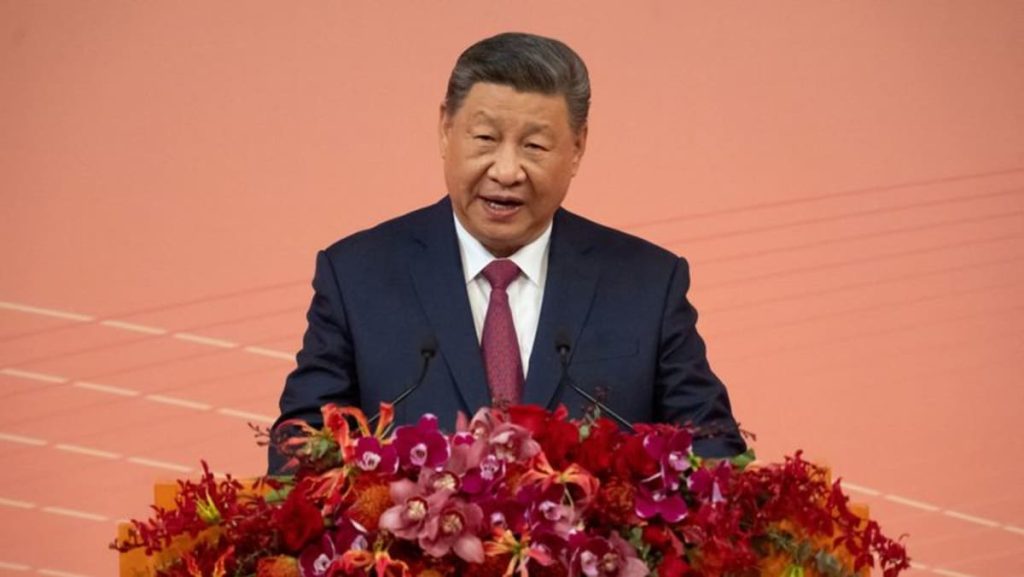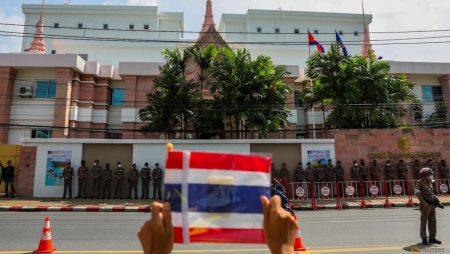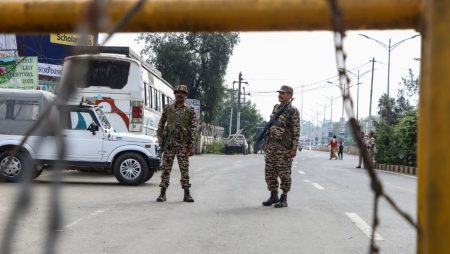China and Vietnam, two communist-ruled nations, share a complex and intertwined history marked by periods of both cooperation and conflict. Their relationship, forged in the crucible of anti-colonial struggles and solidified by shared ideological principles, has evolved over decades, navigating a complex geopolitical landscape. Chinese President Xi Jinping’s recent congratulatory message to Vietnam’s leadership on the 75th anniversary of their diplomatic ties underscores the importance China places on this relationship, highlighting a desire for deeper strategic alignment and a shared future. Xi’s use of the phrase “community with a shared future of strategic significance” signals a commitment to long-term cooperation based on converging interests and a mutual vision for regional stability and development. This concept, often invoked by China in its diplomatic overtures, suggests a desire to cultivate a relationship based on shared destiny and mutually reinforcing goals.
The historical context of the Sino-Vietnamese relationship is essential to understanding the significance of Xi’s message. Both nations emerged from periods of colonial domination and fought for national liberation, finding common ground in their revolutionary ideologies. This shared experience fostered a sense of camaraderie and solidarity, which Xi alluded to by describing the two nations as “comrades and brothers.” However, the historical narrative is not without its complexities. Despite their shared communist ideology, the two countries have also experienced periods of tension and even armed conflict, most notably the Sino-Vietnamese War in 1979. These historical episodes have left a legacy of mistrust that continues to shape the dynamics of their relationship, requiring careful navigation and ongoing efforts to build trust and mutual understanding.
Xi’s message emphasizes the importance of learning from the past and looking towards the future. His call for a “community with a shared future” suggests a desire to transcend historical baggage and focus on areas of mutual interest. This includes economic cooperation, regional security, and the promotion of a stable and prosperous Southeast Asia. Both China and Vietnam are members of the Association of Southeast Asian Nations (ASEAN) and have a vested interest in maintaining regional peace and stability. Cooperation within the ASEAN framework provides a platform for dialogue and collaboration on issues of common concern, such as trade, investment, and maritime security. Furthermore, both countries are navigating the complexities of a rising China and a shifting global order, requiring strategic partnerships to address shared challenges and opportunities.
The concept of a “community with a shared future” encompasses a broad range of areas for potential collaboration. Economically, both countries stand to benefit from increased trade and investment. China is Vietnam’s largest trading partner, and Vietnam is an important link in China’s Belt and Road Initiative, a global infrastructure development project aimed at promoting connectivity and economic integration. Strengthening economic ties can lead to mutual benefits in terms of job creation, technological advancement, and market access. Furthermore, cooperation in areas such as infrastructure development, tourism, and agriculture can contribute to sustainable economic growth for both nations.
Beyond economic cooperation, a “shared future” also implies collaboration on regional security issues. The South China Sea dispute, a long-standing source of tension in the region, presents both challenges and opportunities for cooperation. While both countries claim sovereignty over various islands and maritime features in the South China Sea, there is also a shared interest in maintaining peace and stability in the region and avoiding escalation of tensions. Through dialogue and negotiation, China and Vietnam can work towards managing their differences and finding common ground on issues such as resource management, fishing rights, and freedom of navigation. A stable and peaceful South China Sea is essential for regional prosperity and security, and cooperation between China and Vietnam is crucial for achieving this goal.
Finally, the concept of a “community with a shared future” extends to cultural and people-to-people exchanges. Promoting cultural understanding and fostering closer ties between the people of both countries can contribute to building trust and strengthening the foundation for long-term cooperation. Educational exchanges, tourism, and cultural programs can play a vital role in fostering mutual understanding and appreciation between the two societies. By fostering closer people-to-people ties, China and Vietnam can build a stronger foundation for a sustainable and mutually beneficial relationship, contributing to peace, stability, and prosperity in the region. As both countries navigate the complexities of a rapidly changing global landscape, a shared commitment to building a “community with a shared future” provides a framework for enhanced cooperation and a pathway to a more secure and prosperous future for both nations and the wider region.










